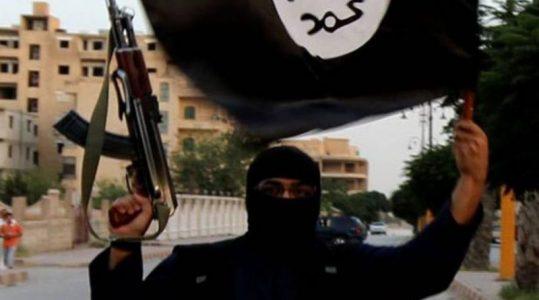
There are four times more terrorists operating around the world as on 9/11
Nearly four times as many Sunni Islamic militants are operating around the world today as on September 11, 2001, despite nearly two decades of US-led campaigns to combat al-Qa’ida and Isil, a new independent study has concluded.
That amounts to as many as 230,000 Salafi Jihadi fighters in nearly 70 countries, with the largest numbers in Syria, Afghanistan and Pakistan, according to the study by the Centre for Strategic and International Studies, a Washington DC think tank.
The report’s conclusions, drawing on multiple databases dating to 1980 to compile one of the most extensive studies of its kind, underscore the resiliency of these terrorist groups, and the policy failures by the United States and its allies in responding.
The findings also highlight the continuing potency of the groups’ ideology and social-media branding in raising money and attracting recruits as they pivot from battlefield defeats in strongholds like Iraq and Syria to direct guerrilla-style attacks there and in other hot spots.
“Some of these groups do want to target Americans overseas and at home, particularly the Islamic State [Isil] and al-Qa’ida,” said Seth Jones, the director of the centre’s transnational threats project and one of the report’s six authors.
“All this indicates that terrorism is alive and well, and that Americans should be concerned.”
The West has largely failed to address the root causes of terrorism that perpetuate seemingly endless waves of fighters who are increasingly turning to armed drones, artificial intelligence and encrypted communications to foil the allies’ conventional military superiority, the report said.
“Perhaps the most important component of Western policy should be helping regimes that are facing terrorism improve governance and deal more effectively with economic, sectarian and other grievances,” the 71-page study concluded.
For example, the report said, the slow pace of reconstruction in Iraqi cities like Ramadi, Fallujah and Mosul – once controlled by Isil – has angered residents in those Sunni-majority areas and made them more susceptible to militant entreaties.
The report also warns that withdrawing US forces from Africa and the Middle East – as the Pentagon has started to do – could serve as a boon to these terrorist groups as the Trump administration shifts its security priorities to confront threats from Russia, China, North Korea and Iran.
It further intensifies the growing scrutiny of the fight against Isil and al-Qa’ida, as well as other Sunni groups that are not affiliated with either but draw inspiration from their ideology.
Source: Independent





